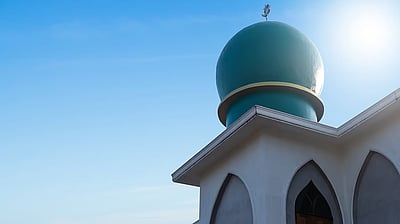Bengaluru : A recent proposal to build a mosque within a Karnataka housing township has triggered public debate over whether religious buildings for minority communities are treated differently from those of the majority. Advocates of the mosque claim that objections stem from discomfort with Muslim visibility in public life, rather than from legal or planning considerations, as per a report by the Deccan Herald.
The controversy emerges amid broader discussions about “halal housing” and Muslim-oriented residential communities. Supporters assert that resistance to the mosque is inconsistent, pointing out that Hindu temples in similar developments tend to face far less public opposition, even when zoning and construction rules are identical.
Legal experts say there is no constitutional or statutory reason to deny places of worship to any faith as long as rules governing land use, permissions, safety, and environment are followed equally. Critics argue that differential treatment persists in practice, both in official approvals and in community reactions.
Some residents and commentators believe that the backlash to the mosque proposal reflects anxieties around changing religious demographics and public visibility, rather than just concerns of noise, traffic or planning. Others warn that public opposition to certain religious structures could set a precedent for unequal treatment in future township developments.
The debate continues, as authorities, developers and communities weigh how to balance religious freedom, community sentiment, and urban planning norms.




